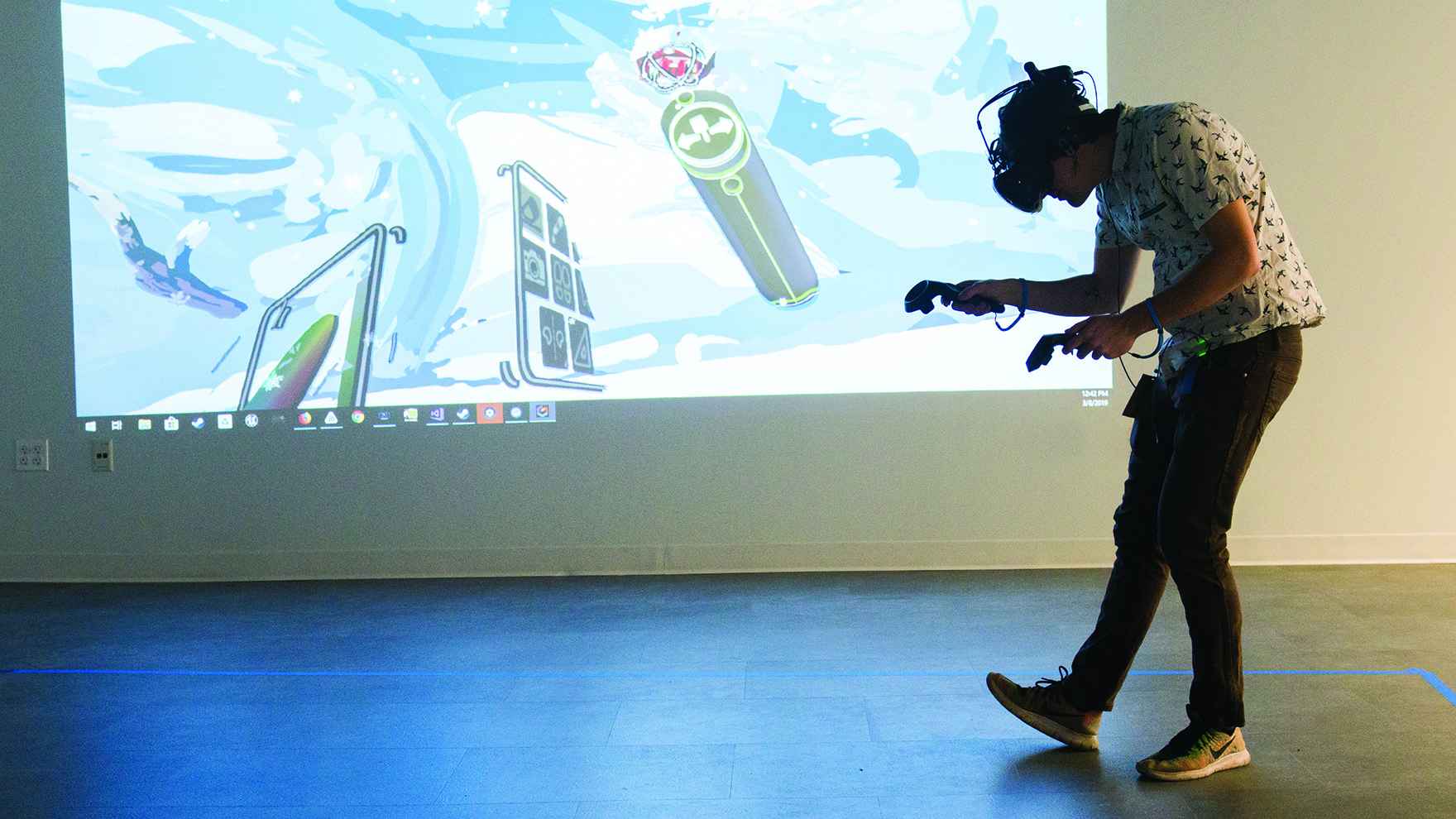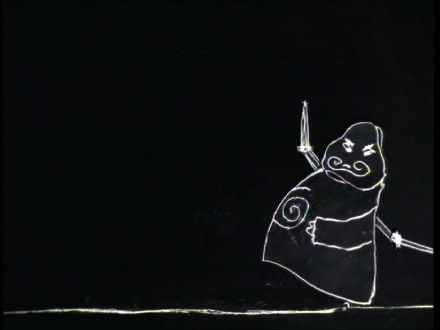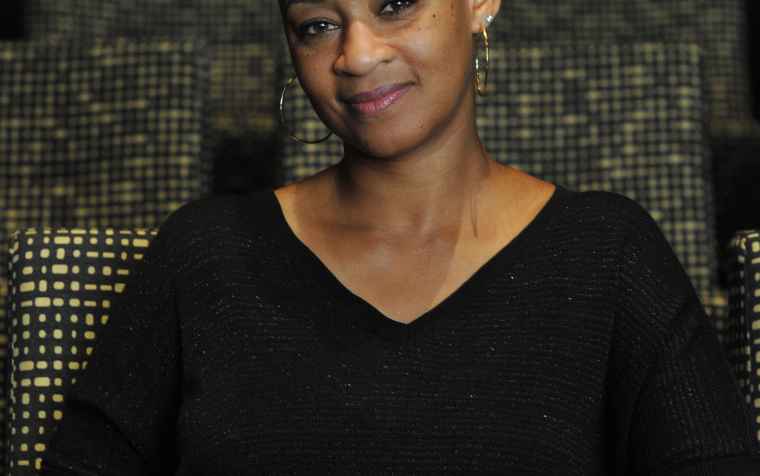Inaugural Vivekananda Visiting Professors Announced
Visit by William Kentridge Celebrates Launch of Neubauer Collegium
New Distinguished Service Professorships Recognize Outstanding Scholars
Two faculty members from the Division of the Humanities were named Distinguished Service Professors. Lauren Berlant has been named George M. Pullman Distinguished Service Professor in English Language and Literature and the College. Berlant’s research focuses on institutions of intimacy and belonging in the United States since the nineteenth century, as well as on the public circulation of political emotions like trauma, love, optimism, and depression. She joined the University of Chicago faculty in 1984.
D. N. Rodowick has joined the UChicago faculty as the Glen A. Lloyd Distinguished Service Professor in Cinema and Media Studies and the College. His research interests include aesthetics and the philosophy of art, the history of film theory, philosophical approaches to contemporary art and culture, and the impact of new technologies on contemporary society. Before coming to UChicago, Rodowick was the William R. Kenan Jr. Professor of Visual and Environmental Studies at Harvard University. Prior to that, he founded the Film Studies program at Yale University. Rodowick joined the UChicago faculty on July 1.
Read about all of the new professorships here.






